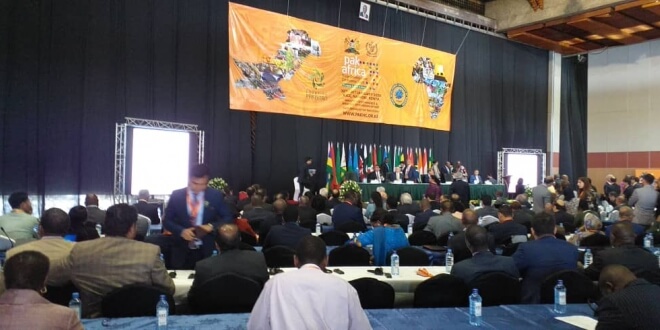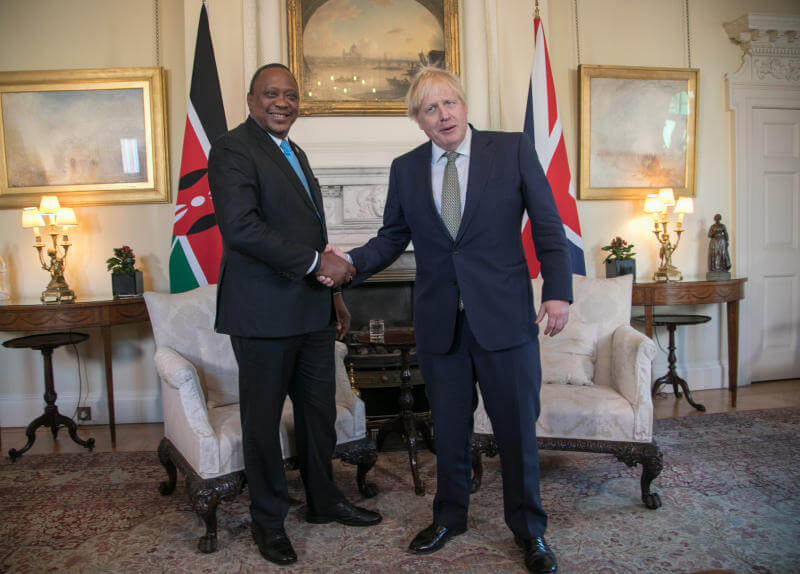Building Cities in Africa – FBW Group Development News UK and Africa businesses urged to “seize the moment” A leading East African architecture and engineering firm is urging businesses in the UK and Africa to “seize the moment” following a major summit looking to deliver more investment and jobs. FBW Group, which is helping deliver large-scale development projects across the region, has also welcomed UK International Development Secretary Alok Sharma’s pledge of new aid to help build green cities across Africa with quality infrastructure. Malawi Creator Centre, Medical Training building: The new UK Centre for Cities and Infrastructure that he has announced aims to “turbo-charge investment” in fast growing cities across the developing world. It will provide British expertise to African governments and city authorities to improve the way cities are planned, built and run, including making them more environmentally-friendly. The focus will be on improvements to infrastructure, including water and energy networks. Mr Sharma’s announcement came on the eve of the UK-Africa Investment Summit 2020 which took place in London earlier this month (January). In the post-Brexit world the British government is looking to increase exports and encourage UK companies to be more active globally – and specifically turn their attention to markets like Africa. The aim of the London summit was to create new lasting partnerships to deliver more investment, jobs and growth, benefiting both Africa and the UK. It brought together UK and African business representatives, African leaders, international institutions and young entrepreneurs. FBW has operations in...
Building Green Cities across Africa
Posted on: February 3, 2020
Posted on: February 3, 2020






















